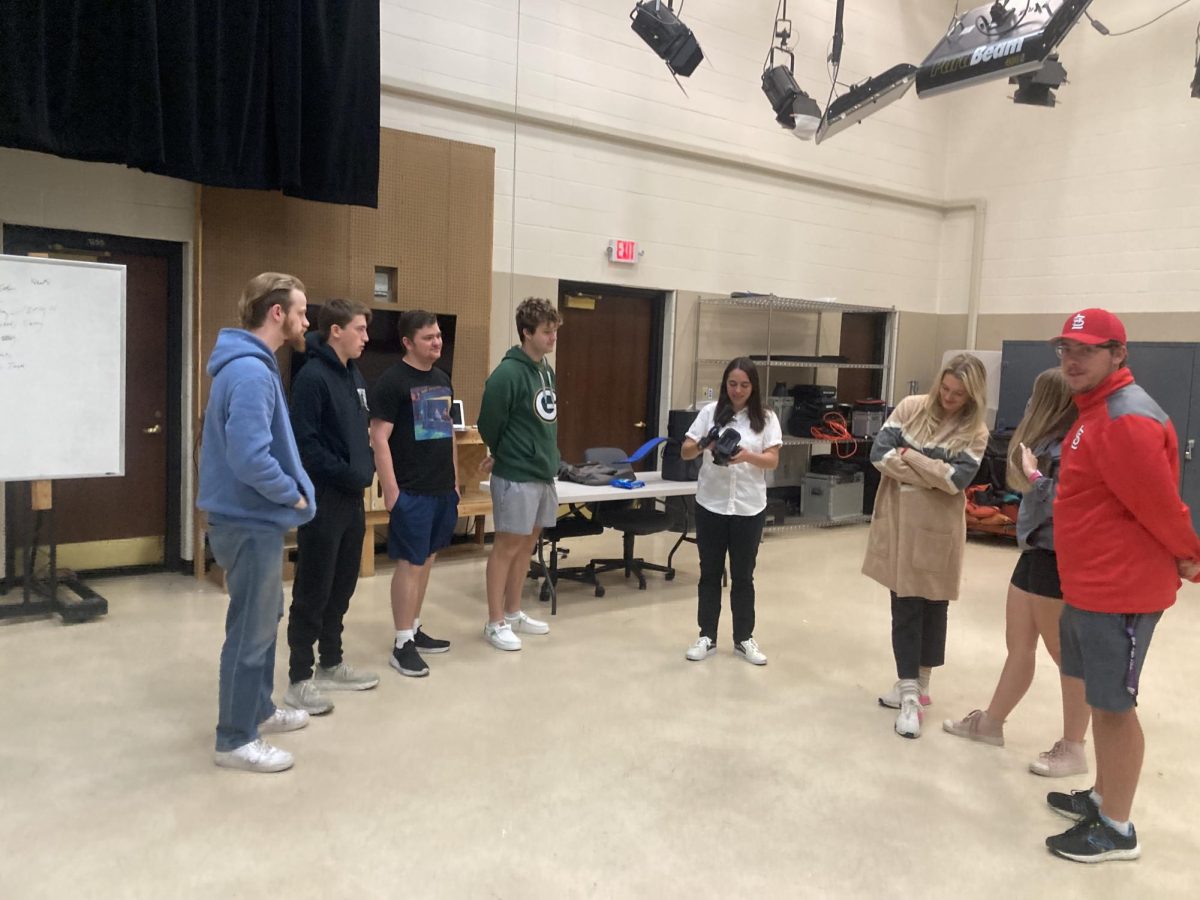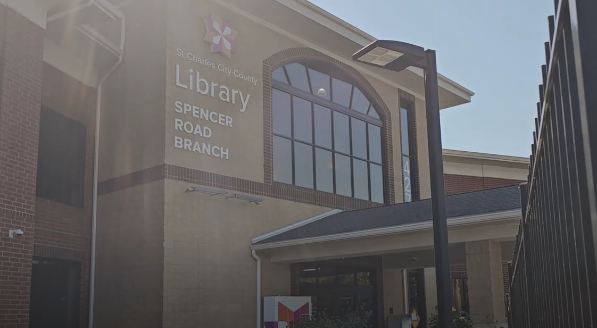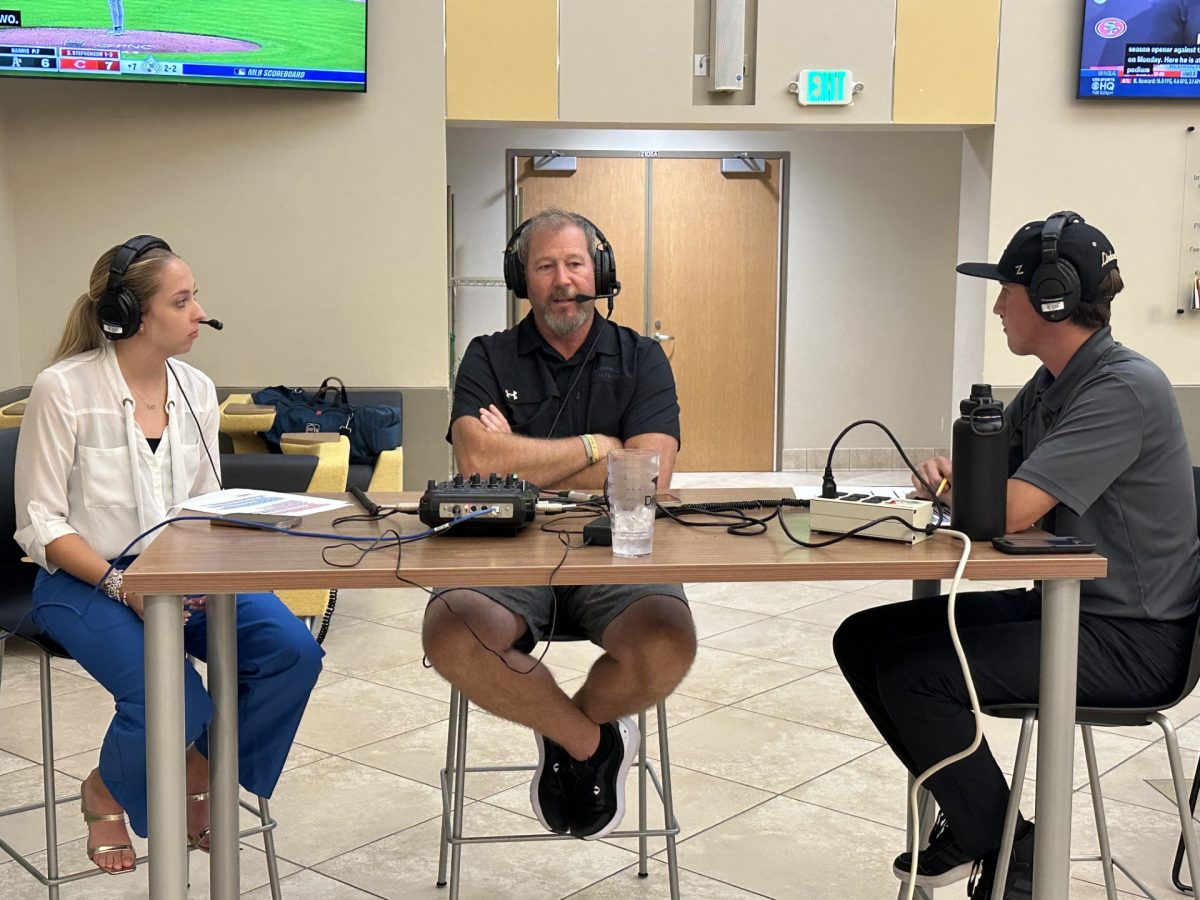Benjamin Bathke | Staff Reporter
Posted March 11, 2014; 1:42 p.m.
Published Legacy March 11, 2014
The crisis between Russia and the Ukraine over the Crimean peninsula may seem far away to many of us, but some Lindenwood students call the two nations home. According to the international office, 10 students from Russia and six from neighboring Ukraine currently attend LU, and the incident has implications for them.
Mass Communications student Anastasia Talalaeva, a junior from Russia, said that as long as the U.S. embassy in Moscow will remain close, she will have to stay in the States. “I will not go back home to see my family, because I won’t be able to come to Lindenwood after summer. My visa will expire in June.”
Fortunately, according to Talalaeva, Russian students who study abroad are able to stay in the U.S. with an expired visa, although they have to renew it once a year.
Ukrainian Tamara Ikonnykova is an International Relations major at Lindenwood. She believes that only a complete makeover will yield results, as the Ukrainian government under former President Viktor Yanukovych was corrupted. However, she is also skeptical of the success of the revolution.
“There will always be 50 percent of the population who are not satisfied, because the opposition does not represent the interest of the whole population of the country,” she said.
Indeed, there is a political and cultural divide in the country of 45 million that gained its independence from the Soviet Union only 23 years ago. A majority of people in Ukraine’s western provinces speak Ukrainian and call for deeper economic and political ties with Europe. The southern and eastern parts of the country, including Crimea, not only speak predominantly Russian but have strong ties to their neighbor.
Pro-Russian politicians in Crimea have been calling for autonomy from the Ukraine and even protection from Moscow, which has a large military presence in the Black Sea region.
On Feb. 27, pro-Russian protesters in Crimea erupted and armed men seized control of Crimea’s parliament and other important buildings. On March 1, Russia’s parliament approved Putin’s request to intervene militarily in Ukraine to protect the ethnic Russian minority.
Russian student Daria Ivanova, a member of LU’s tennis team, said each of the involved parties has its own interests.
“The opinion on this issue depends on which side you are. I believe that there is no absolutely right and wrong sides.”
Ikonnykova adds that different groups want different things for the Ukraine: “Some people say Ukraine has to stay unified, some claim about federalization, some even want the Crimea and the South to become part of Russia. There are plenty of ideas, but we all just want to live peacefully.”
Ivanova said that since the revolution wasn’t technically a legitimate change of government, Russia’s actions do not “constitute a complete violation of sovereignty of a legitimate government.”
Talalaeva says that another implication of the crisis is that the airfare for flights to Russia has doubled within a week. “I hope that this situation will calm down and embassy will be open again, because I want to see my family.”
The latest developments are seen as the results of a four-month deadlock between Ukrainian demonstrators and Viktor Yanukovych’s government. Protests began on Nov. 21 of last year and turned violent in January when riot police cracked down on protesters. Ukraine’s interim president said Russia is trying to provoke Ukraine into war.
The U.N. Security Council called emergency meetings, President Obama denounced Russia’s actions, and the European Union imposed sanctions on Russia. President Vladimir Putin declared that military force is a last resort, that Yanukovych has no political future and the chaos in Ukraine is in part due to rogue agents and western nations’ interference.
On March 6, the Crimean parliament voted in favor of joining Russia. An official referendum is expected for March 16.







